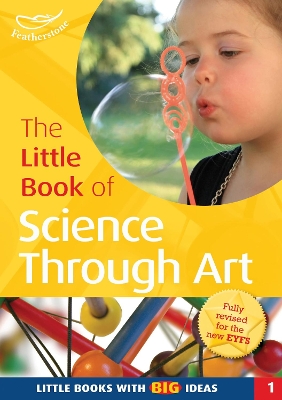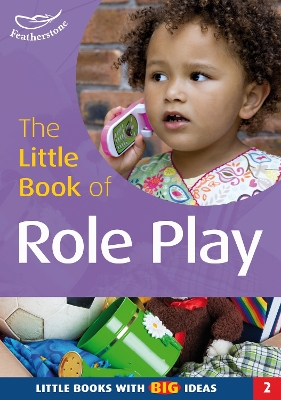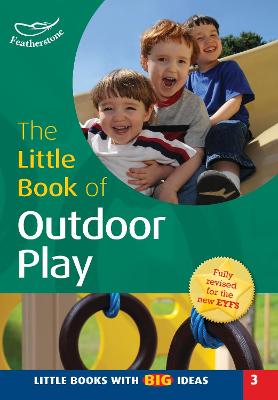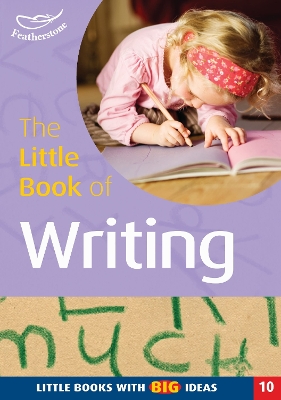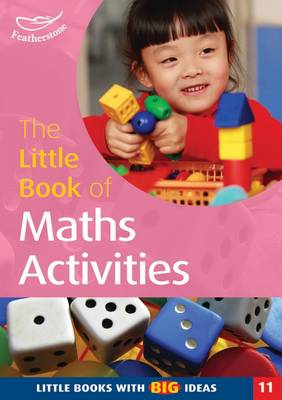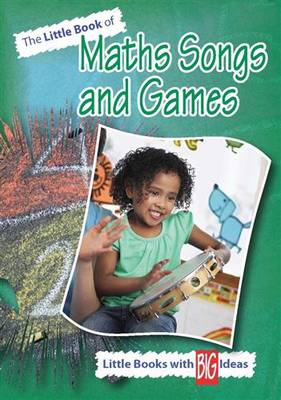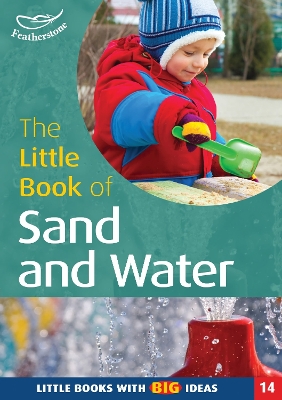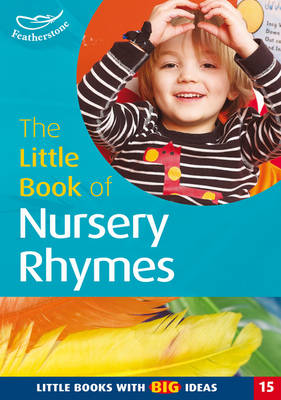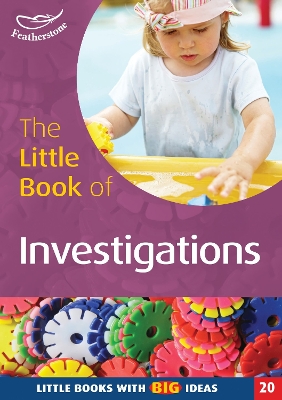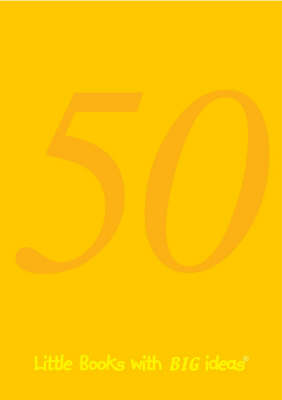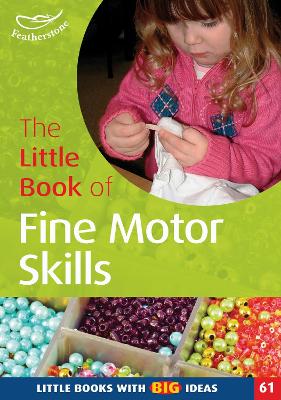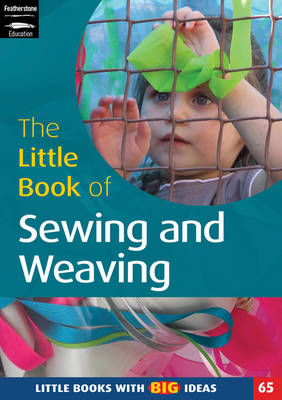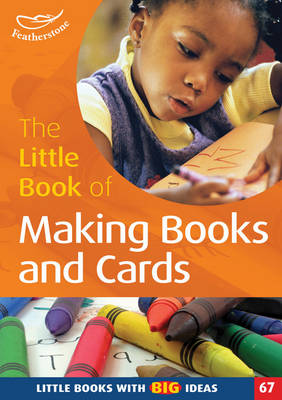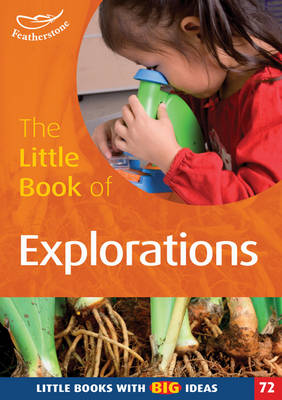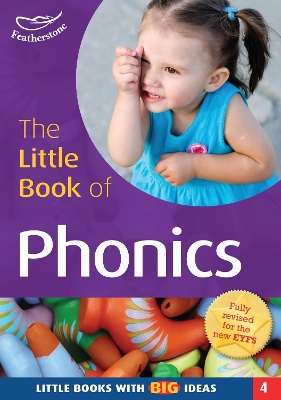Little Books
15 primary works • 16 total works
Book 1
Book 2
Book 3
Book 8
of treasure baskets for older children. This book gives you all the
information you need to set up your own baskets and ideas for extending
these within your setting.
Book 10
Book 11
Book 12
Little Book of Maths Songs and Games, the
by Sally Featherstone and Marianne Knaus
Book 14
Book 15
Book 20
Book 50
Book 61
Book 65
Book 67
Book 72
